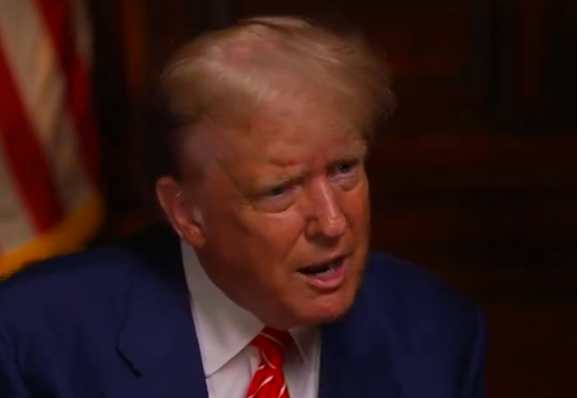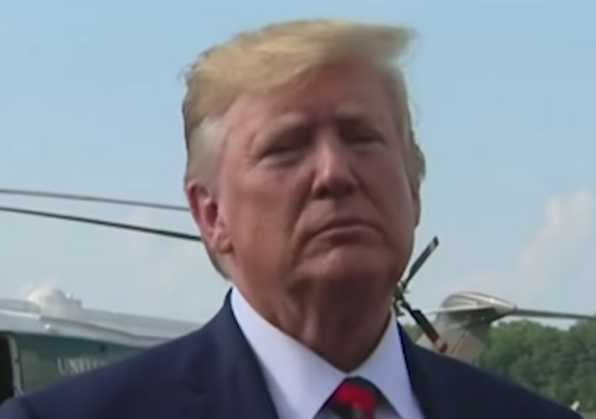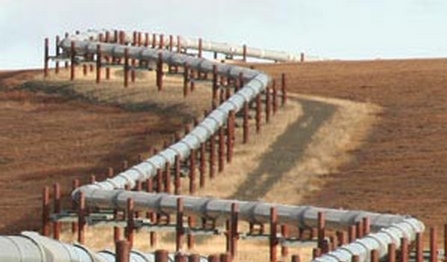NEW ORLEANS, LOUISIANA — “The economy controls everything,” said South Carolina sales executive Chris Stinson. “Hands down it’s what I’m most concerned about, and that’s what I’ll be thinking about when I vote this November.”
Stinson isn’t alone.
American voters are prioritizing the health of their wallets and pocketbooks with less than four months to go before Election Day.
A CNN poll last week showed that 36% of respondents said the economy is the most important issue in deciding how to vote. “Protecting democracy” ranked second.
“Who do I trust with the economy?” Stinson wondered aloud. “I’m undecided. Democrats seem proud to be anti-business, and pro-regulation, but [presumptive Republican nominee and former president Donald] Trump got us started down this path of devastating inflation when he introduced all that COVID stimulus.”
“What I know is all of these other issues Democrats like to talk about —things like hurting white men like me by adding regulations wherever they can — people don’t care about the health of the oceans or which gender uses which bathroom when they’re unemployed and can’t find a job,” Stinson told VOA.
That economic anxiety comes despite cooling inflation, a scorching-hot stock market, and a better-than-expected monthly jobs report showing American employers added 206,000 jobs in June.
Yet persisting economic concerns seem likely to impact this year’s presidential election. In a June survey by PBS News/NPR/Marist, 54% of registered voters polled said they believed Trump would best handle the economy, not President Joe Biden (45%).
Alabama Democratic voter Collins Pettaway said the economy “will play a major role in this election, as it so often does, and I have the utmost confidence President Biden will continue to manage the economy effectively, just like he did leading us out of the unprecedented pandemic and wrecked economy he inherited in his first term.” “
An anxious nation
A Pew Research Center poll from mid-May showed that only 23% of U.S. adults believe the economy is in excellent or good shape, down from 28% at the beginning of the year.
That change is mostly the result of Democratic voters, whose collective opinion has slipped to 37% — down seven percentage points since January.
“It’s impossible to deny the effects of inflation,” Carl Fink, a Democratic voter and father of three in New Orleans, Louisiana, told VOA. “Groceries, car insurance, entertainment — they’re all so much more expensive these days. But none of that compares to how much the cost of child care and a good school has increased in the four years since our first child was born. It’s so much tougher now.”
Just last week, the Federal Reserve reported to Congress that “inflation eased notably last year and has shown modest further progress so far this year.” The Fed says it’s just a matter of time before the pace of price increases settles back to where it was before the COVID-19 crisis.








